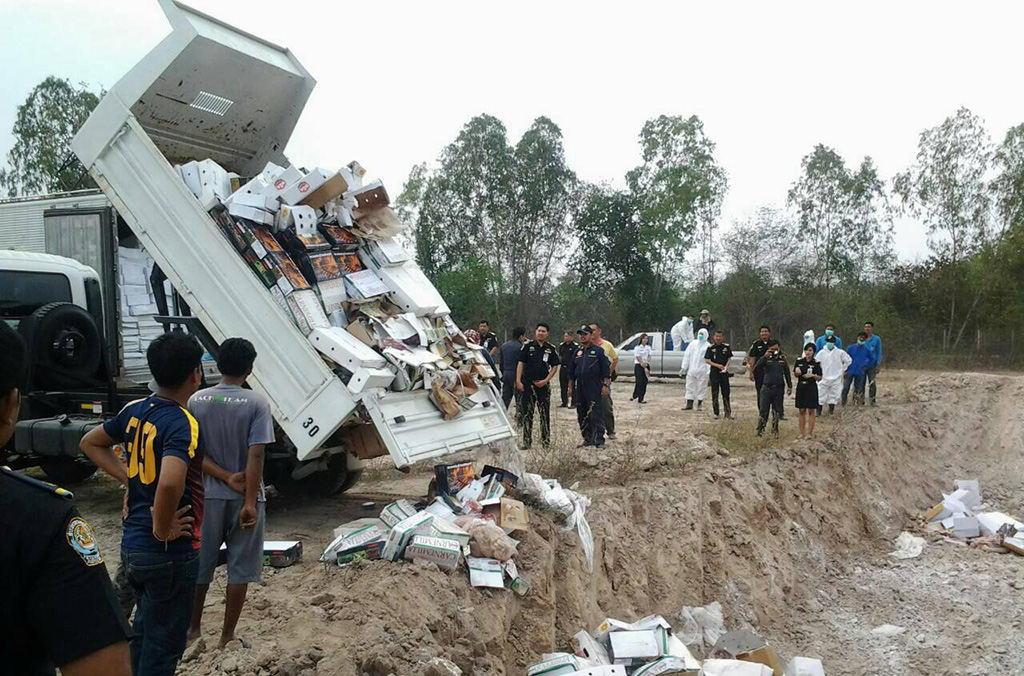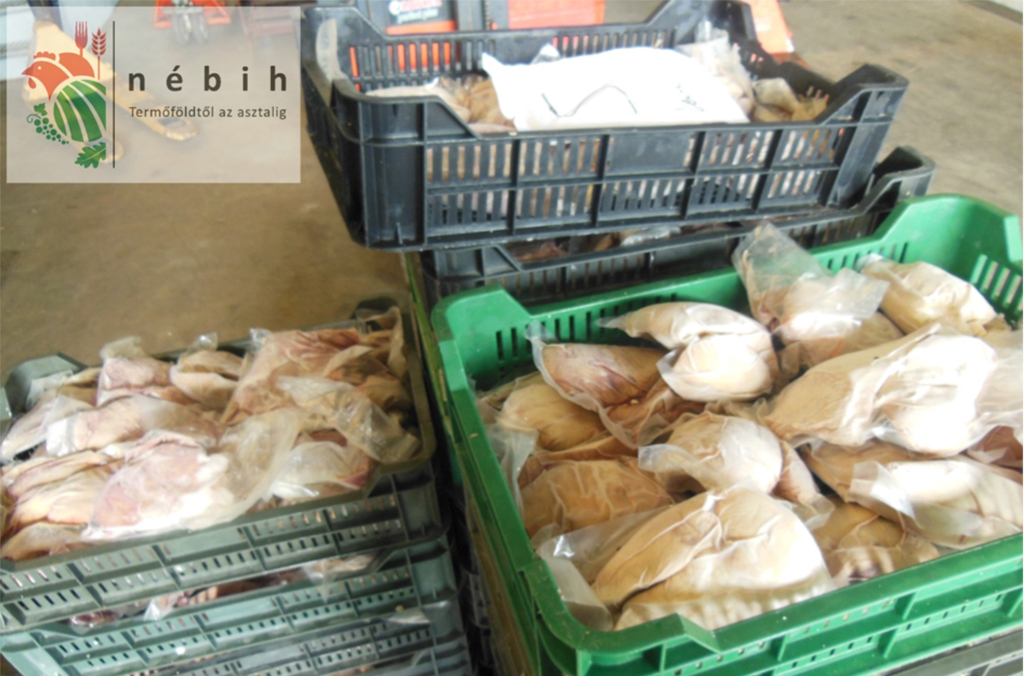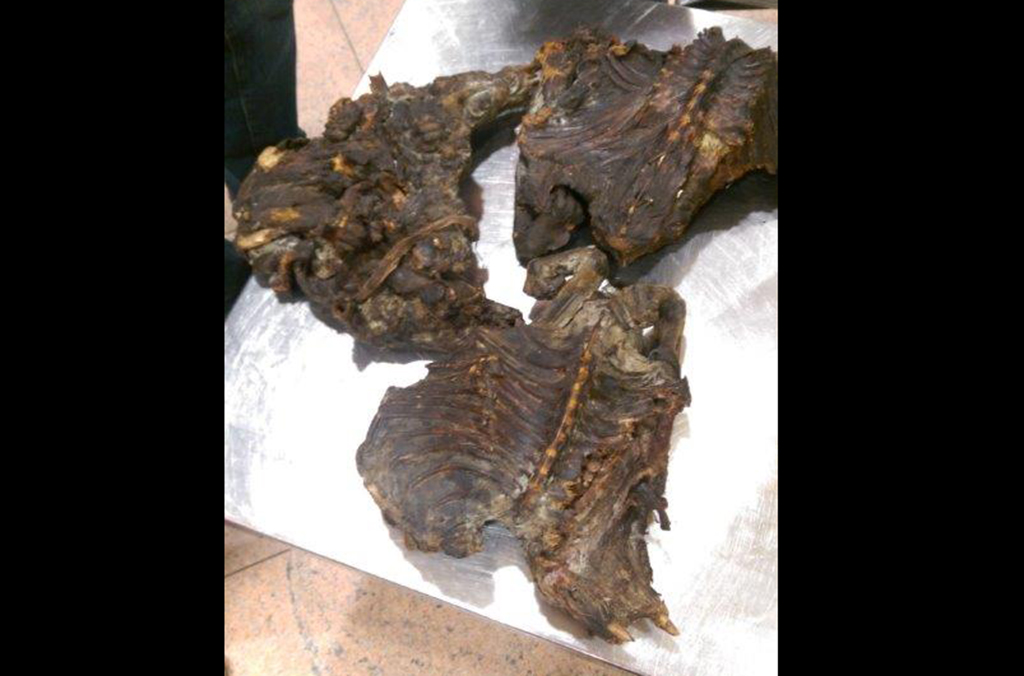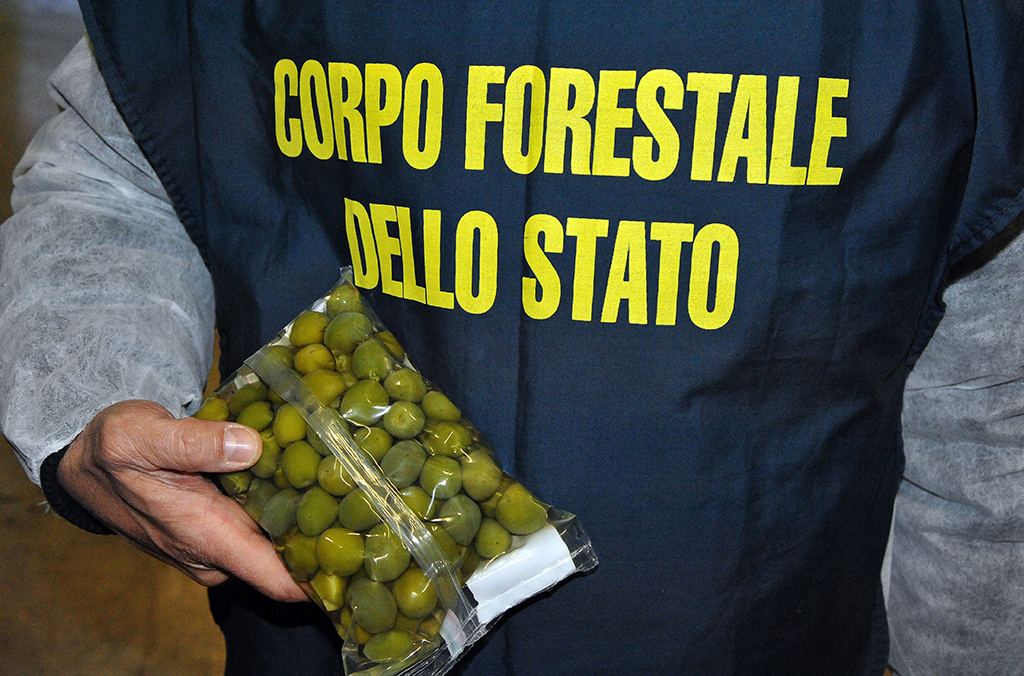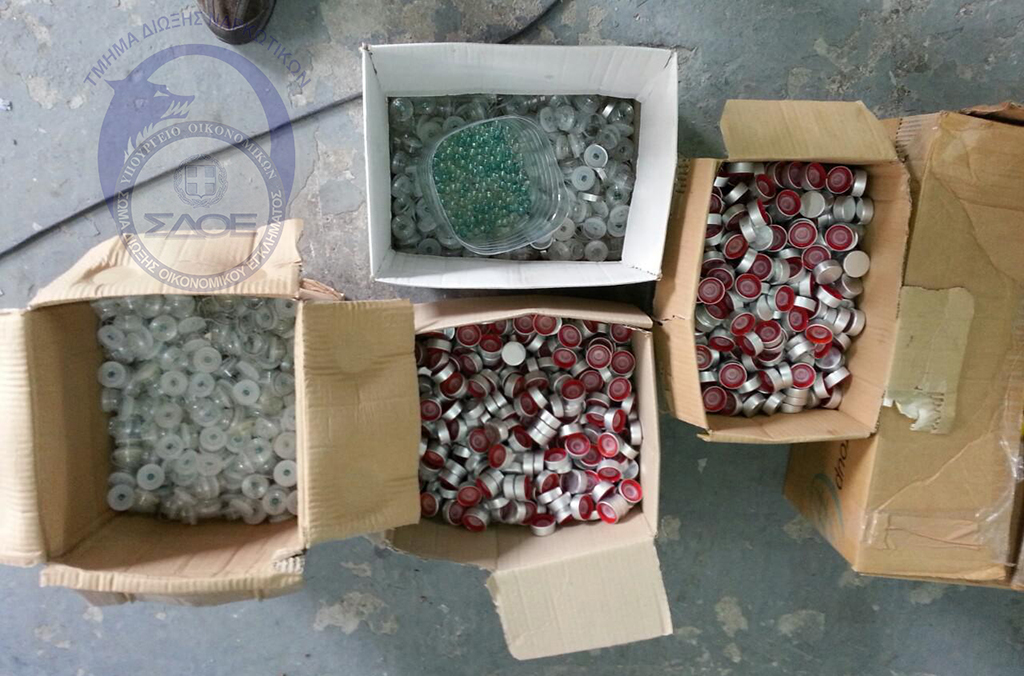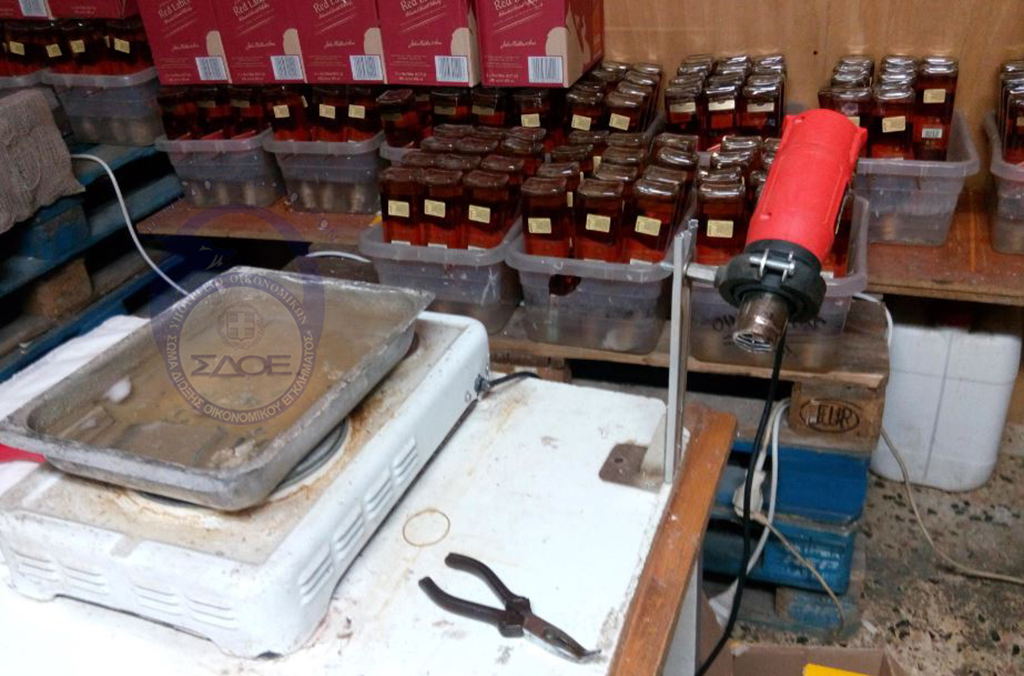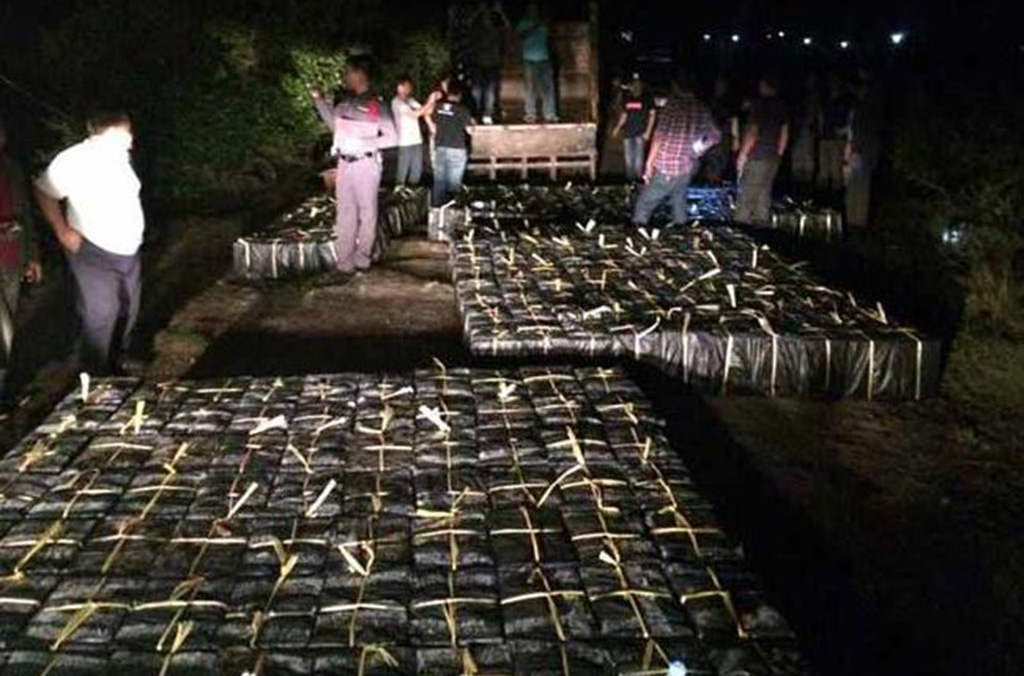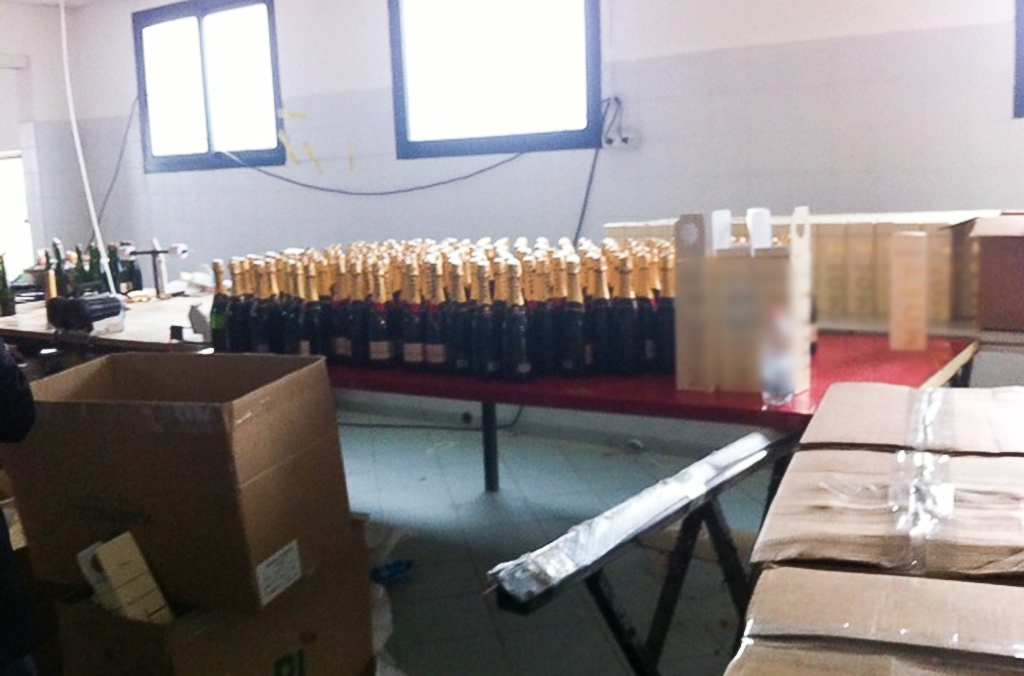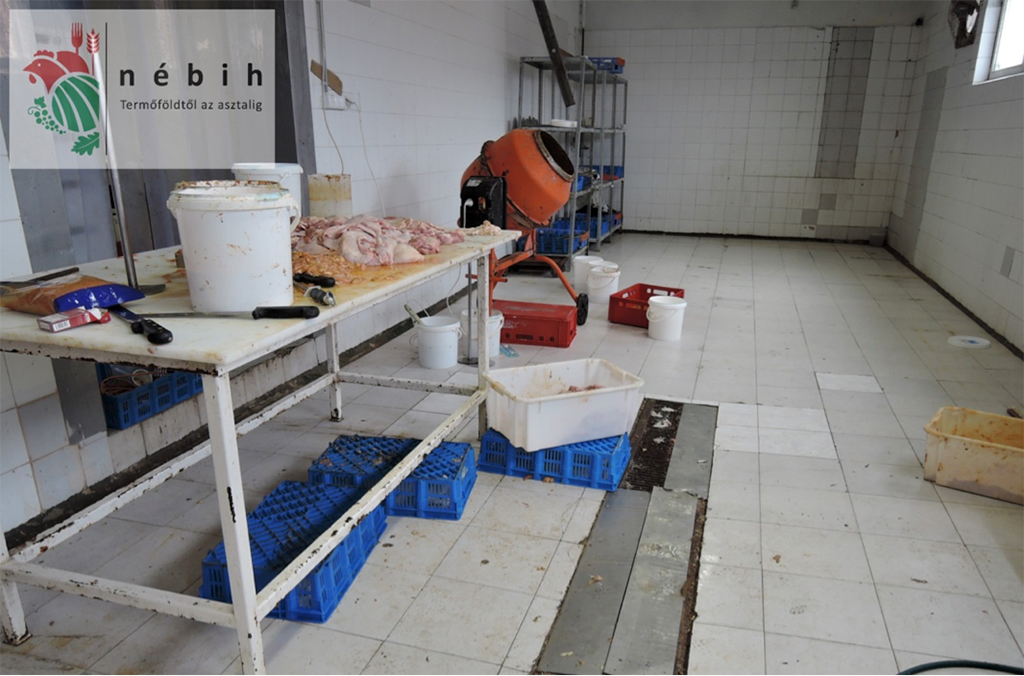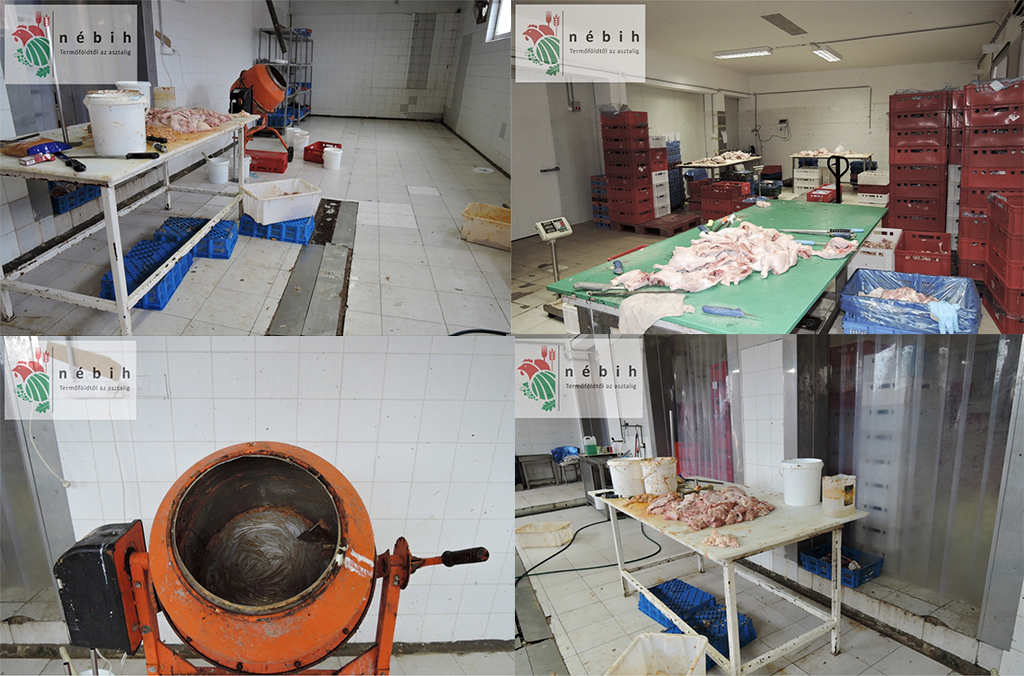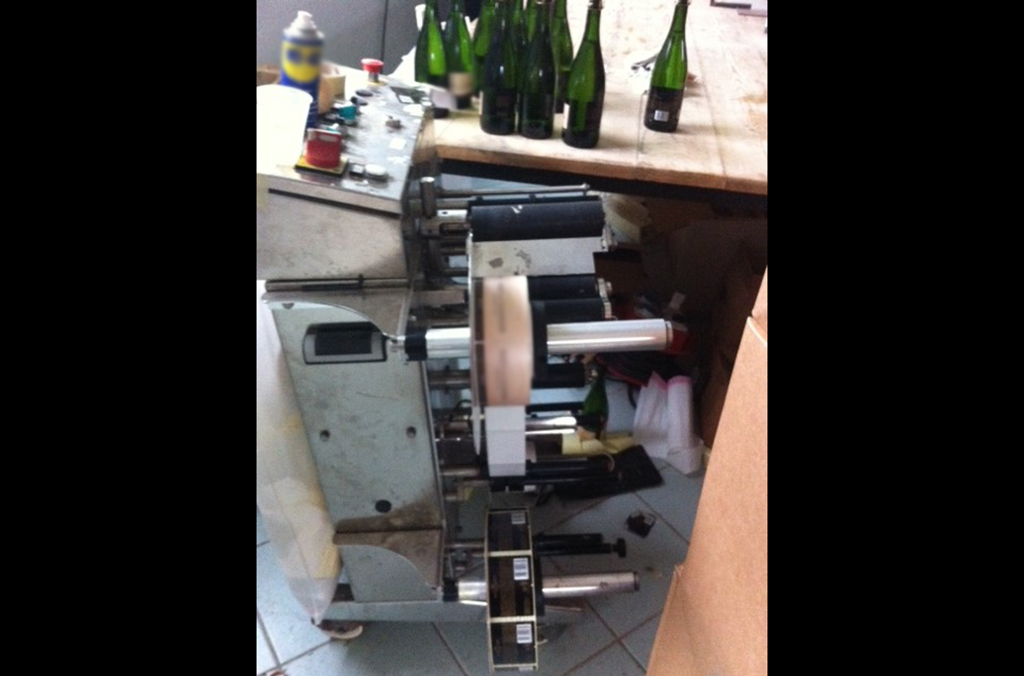More than 10,000 tonnes and one million litres of hazardous fake food and drink have been seized in operations across 57 countries in an INTERPOL-Europol coordinated initiative to protect public health and safety.
Operation Opson V resulted in seizures ranging from nearly nine tonnes of counterfeit sugar contaminated with fertilizer in Khartoum, Sudan to Italian officers recovering more than 85 tonnes of olives which had been ‘painted’ with copper sulphate solutions to enhance their colour.
Involving police, customs, national food regulatory bodies and partners from the private sector, checks were carried out at shops, markets, airports, seaports and industrial estates between November 2015 and February 2016.
A number of arrests were made worldwide throughout the operation and investigations are continuing. Among the aims of the operation is to identify and disrupt the organized crime networks behind the trafficking in fake goods and enhance cooperation between the involved law enforcement and regulatory authorities.
In Greece, officers discovered three illicit factories producing counterfeit alcohol. Police seized equipment used in the manufacturing process to make labels, caps and empty bottles, in addition to more than 7,400 bottles of fake alcohol and counterfeit labels.
In the UK, authorities recovered nearly 10,000 litres of fake or adulterated alcohol including wine, whisky and vodka. In Burundi, more than 36,000 litres of illicit alcohol were seized in addition to nine Kalashnikov rifles and ammunition along with three grenades which were recovered during the operation.
After police in Thailand carried out checks on an individual found to be transporting four tonnes of meat illegally imported from India, further investigations led to the discovery of an illicit network operating across 10 provinces. Officers recovered and destroyed more than 30 tonnes of illegal beef and buffalo meat unfit for human consumption which had been destined for sale in supermarkets.
In a number of cases, checks at airports identified international travellers importing illicit products. Customs officers at Zaventem airport in Belgium discovered several kilogrammes of monkey meat and in France, officers seized and destroyed 11 kg of locusts and 20 kg of caterpillars.
Police in South Korea arrested a man smuggling dietary supplements which were being sold online as a natural product but in fact contained harmful ingredients. The sale of these fake weight loss products are estimated to have generated some USD 170,000 over a 10-month period.
False labelling again proved to be a common thread for all types of foodstuffs around the world. In Australia, testing of 450 kg of honey revealed it had been blended or adulterated, and a consignment of peanuts had been repackaged and relabelled as pine nuts, posing a significant threat to allergy sufferers.
“Fake and dangerous food and drink threaten the health and safety of people around the world, who are often unsuspectingly buying these potentially dangerous goods,” said Michael Ellis, head of INTERPOL’s Trafficking in Illicit Goods unit which coordinated activities between the world police body’s participating countries across the globe.
“With Operation Opson V resulting in more seizures than ever before, we must continue to build on these efforts to identify the criminal networks behind this activity whose only concern is making a profit, no matter what the cost to the public.”
“Today’s rising food prices and the global nature of the food chain offer the opportunity for criminals to sell counterfeit and substandard food in a multi-billion criminal industry which can pose serious potential health risks to unsuspecting customers. The complexity and scale of this fraud means cooperation needs to happen across borders with a multi-agency approach,” said Chris Vansteenkiste, Cluster Manager of the Intellectual Property Crime Team at Europol.
“This year again, the results from Opson clearly reflect the threat that food fraud represents, as food adulterations cut across all kinds of categories and from all regions of the world. Sharing knowledge in one market may prevent food fraud in another and ultimately helps protect public health and safety worldwide.”
In Indonesia, officials seized 70 kg of chicken intestines which had been preserved in formalin, which is prohibited as a food additive. In a joint National Agency of Food and Drug Control, police and customs intervention, more than 310,000 illegal food products were discovered hidden behind piles of tiles in a warehouse believed to have been smuggled in by boat from Malaysia.
Police in Bolivia discovered a warehouse containing thousands of cans of sardines, with fake labels of a famous Peruvian brand ready to be applied.
In Hungary, Italy, Lithuania and Romania, customs and police authorities discovered counterfeit chocolates, sweets and non-alcoholic sparkling wine aimed at children and destined for export to West Africa.
Officials in Togo destroyed 24 tonnes of imported tilapia which was found to be unfit for human consumption and in Zambia, police discovered 1,300 bottles of fake whisky in original packaging which had previously been stolen from a warehouse. More than 3,200 cartons of diet powder drinks where the expiration dates had been modified were also seized.
First launched in 2011, the Opson operations have grown from involving just 10 countries across Europe, to involving nearly 60 countries in every region of the world and resulting in the seizure of tens of thousands of tonnes of fake and substandard food and drink.




